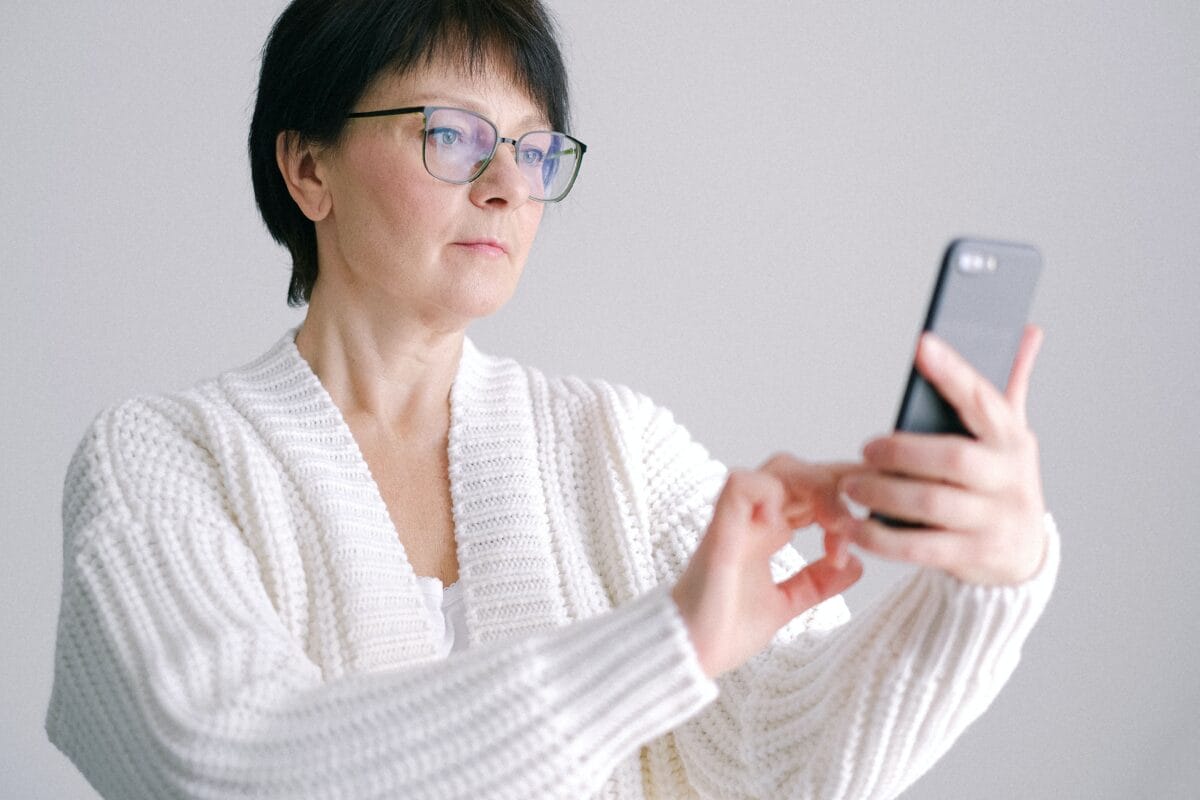Eye Health During and After Menopause: What you need to know?

Menopause is the cessation of the menstrual cycle in a woman. Women experience symptoms such as hot flashes, mood swings, etc as their bodies adjust to lower levels of estrogen and progesterone.
All women experience menopause differently. Some experience metabolic changes, weight loss or weight gain, and urinary tract infections among other changes. Others may not experience any changes at all.
A common eye-related condition resulting from menopause is dry eyes which arises when the tear film created by the body decreases or changes, making it less effective.
Here’s a list of some of the symptoms of dry eyes:
- Blurry vision
- Eye Redness
- Tired eyes
- Pain and burning
- Itching
Why do dry eyes occur?
With age, tear production decreases, which means people over 50 are more likely to develop dry eyes, irrespective of gender. But, postmenopausal women are more susceptible to dry eyes.
According to studies, hormones such as estrogen and androgen and progesterone affect tear production women after menopause, leading to dry eyes. But experts are unclear on the exact mechanism between hormones and tear production; Some presume dry eyes occur in women after menopause due to low estrogen levels. Current research is focused more on the androgen hormone, which is found in both men and women.
Other eye-related issues
While it’s expected that hormones can influence changes in mood, skin, and weight, experts say hormones have an impact on vision, too. Around the time of menopause, your eyesight may begin to change. The eye’s shape may also change slightly, making contact lenses less comfortable. As the estrogen and progesterone levels drop, as is common with menopause, vision is usually less ‘near-sighted’ than before menopause. The result is trouble reading fine print or focusing on things up close without the help of corrective lenses.
A rather insidious eye condition, which increases the intraocular pressure of the eye, often occurs in women after menopause. This pressure increase, called glaucoma, can happen so gradually that the symptoms go unnoticed until the damage is irreversible. Making this a very important reason to keep your annual eye appointments.
Symptoms of glaucoma can include:
- Redness of the eye
- Gradual vision loss
- Headaches
- Tunnel vision
Some reports suggest that women who experience menopause before the age of 45 are at higher risk of developing glaucoma than women who go through it after 50. Although both men and women become more susceptible to glaucoma as they age, women, especially those with early menopause, are at an increased risk of developing the condition.
Protecting eyes during and after menopause
There are several things we recommend you do to take care of your eyes during and after menopause. Here are a few-
1. Get your eyes checked Annually
You need to get regular eye check-ups. Especially during and after menopause. But the eye examination must be comprehensive. Not just a screening or refraction. Schedule an appointment.
2. Balance your hormones
You can improve your hormonal health by eating a nutritious diet and following a healthy lifestyle, such as regular exercise, getting enough sleep, maintaining a moderate weight, etc.
3. Eye drops
Eye drops may be of help, especially if you sit in front of a computer for long hours. Look for an artificial tear type of eye drop. Preferably without preservatives. And NOTHING that says it removes redness!
4. Keep yourself hydrated
Drink plenty of water. As menopause typically causes dehydration, increasing you water intake can offset symptoms associated with dryness to your eyes and elsewhere.
HRT treatment
Hormone Replacement Therapy (HRT) is well-known to relieve menopausal symptoms such as hot flashes, mood swings, vaginal dryness, etc. But some studies have found that women who take estrogen-only HRT treatment are at high risk of developing cataracts. Women who take both estrogen and progesterone are at less risk of getting them.
The Bottom Line
The body goes through several uncomfortable changes before and after menopause, one of which is vision problems. Hormonal changes that occur in the body can cause changes in your prescription along with dry eyes, glaucoma and cataracts, but the good news is that you can take steps to ease or eliminate the symptoms- regular eye examinations, Diet and lifestyle changes, as well as supplements and medications are just a few to consider.
Click Here for further information or to schedule an appointment

